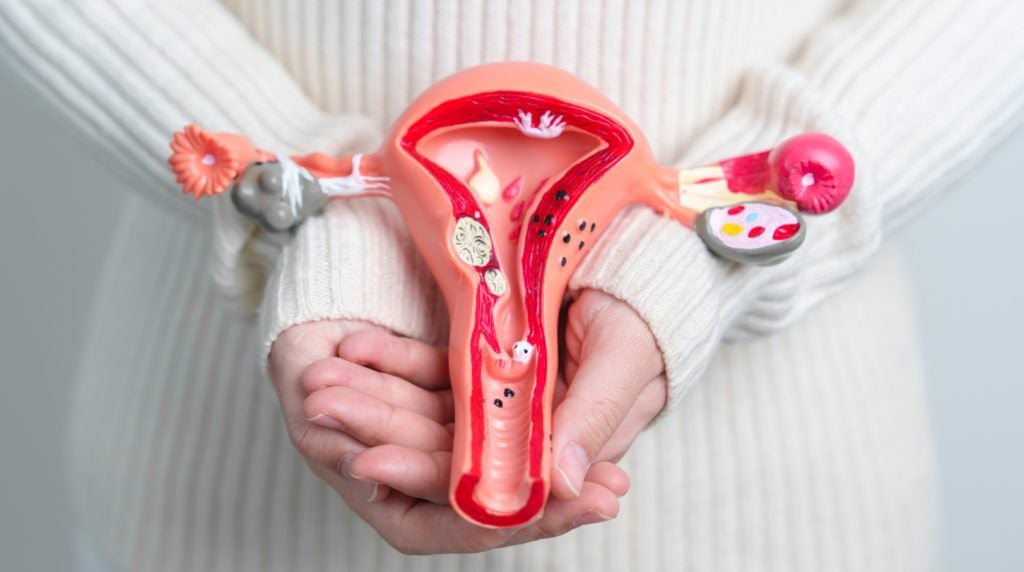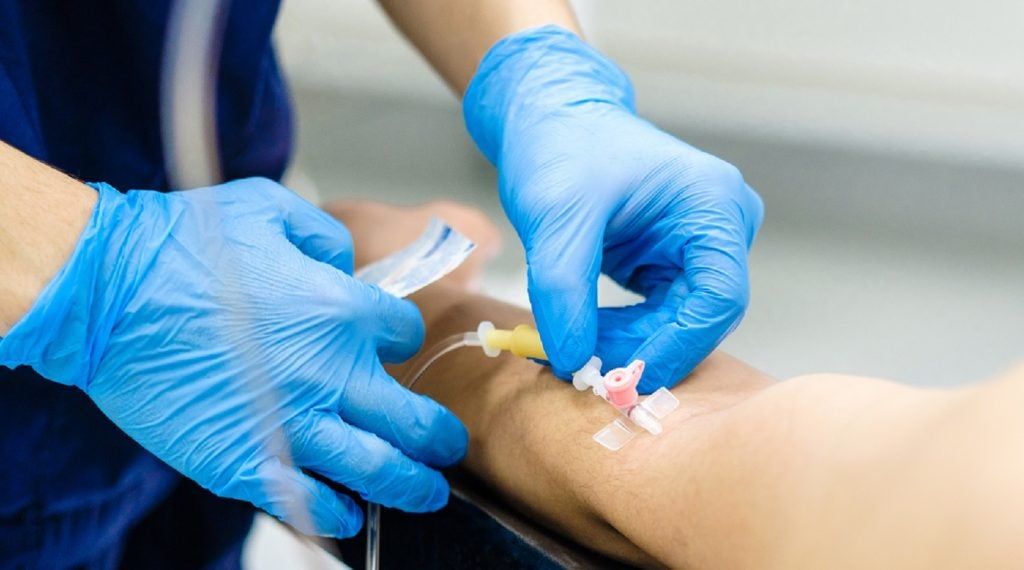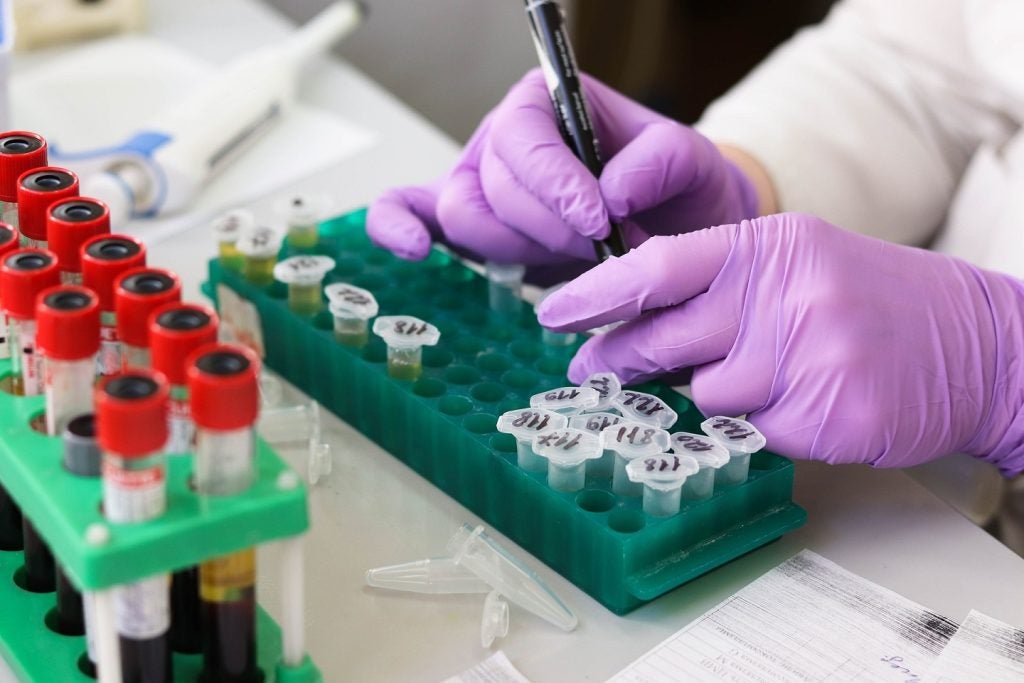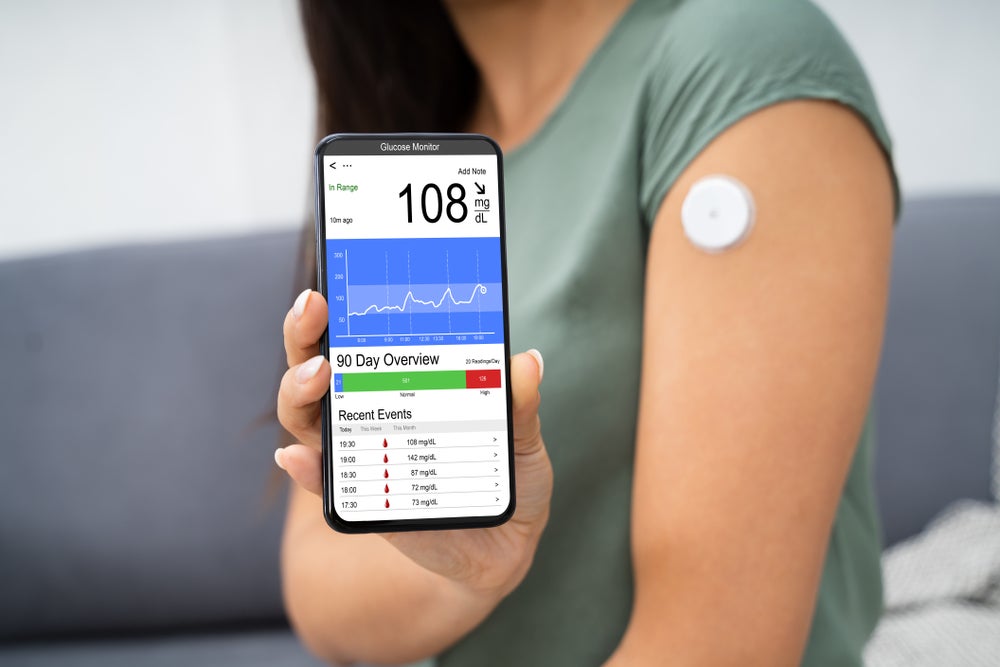The University of Edinburgh is testing the market ahead of the launch of non-invasive at-home test which detects human papillomavirus (HPV) strains in regular menstrual blood in as little as fifteen minutes.
Developed by a single postgraduate student at the university, the test was designed to remove the need for smear tests altogether when checking for the infection. Now, the University of Edinburgh has taken the novel tactic of opening up pre-orders for the device in hopes of using that metric to prove viability to investors and the UK’s National Health Service (NHS).
The work of student Sânziana Foia through her company Papcup, with support from the university training course Venture Builder Incubator (VBI), the device comes paired with a smartphone app and comes in response to research by the NHS that found that almost a third of women in the UK miss smear tests every year.
The NHS has set an ambitious target of eliminating cervical cancer, which is caused by HPV, by 2040. The vaccine will be a key component in the health services strategy.
The device is entering into a market that has already seen some steep competition with a number of medical device firms looking to capitalise on the push towards women's health. One such company was the US-based Qvin who last year saw its diagnostic period-pad designed to screen for HPV released in Thailand. At the same time, the London-based Daye has launched a clinical trial of its own device, a diagnostic tampon similarly designed to test for HPV.
The Papcup presently finds itself in the minority in terms of a diagnostic device that is able to test for just one indication. Market analysis carried out by GlobalData found that the number of tests produced that sought for only one kind of infection or indication is steadily on the decline, with tests only examining one indication seeing sales of 1,509,347 units in 2014, dropping as low as 496,918 in 2023.















